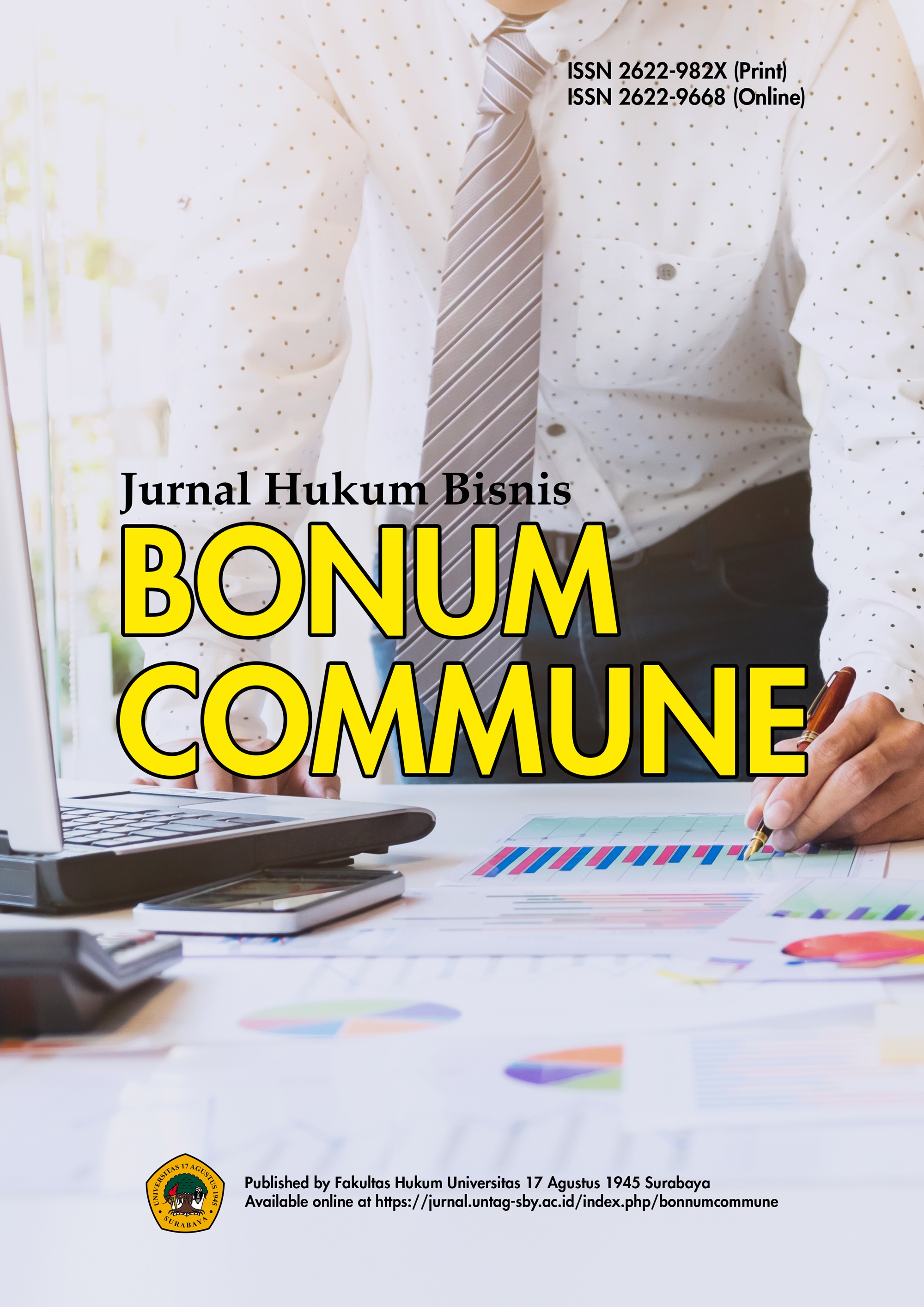The Legal Framework and Taxation of Non-Fungible Tokens
DOI:
https://doi.org/10.30996/jhbbc.v7i1.10349Keywords:
Intellectual Property Rights, Non-Fungible Tokens, Regulations, Tax LawAbstract
In order to ensure clarity, it is imperative that tax legislation regarding non-fungible tokens (NFTs) in Indonesia incorporates considerations of assessment values, collection procedures, and technical advancements. This would facilitate the seamless integration of NFTs into the country's economic system, while awaiting prompt government action. Discussions concerning legal protection for NFTs, particularly in the context of tax law, remain limited, with an emphasis on existing research pertaining to copyright law and intellectual property rights. The aim of this study is to scrutinize the legal protection of NFTs, specifically in relation to tax law, with the intention of providing a comprehensive understanding of NFTs within Indonesia's legal framework. This study employs a normative juridical research methodology to evaluate the legal protections afforded to NFT artworks, as well as the associated aspects of taxation. The normative juridical approach is an analytical strategy that scrutinizes legal norms and established legal concepts. The study utilizes a combination of primary and secondary legal sources, which are subsequently subjected to thorough analysis and assessment. The analysis reveals that there are currently no tax liabilities associated with NFTs in Indonesia. Consequently, due to the absence of tax legislation, there is a lack of regulations governing the taxation of NFTs and other cryptocurrencies. Evading taxes could potentially result in a decline in government revenue from the informal sector. Therefore, stringent oversight and judicious regulation are essential for establishing a transparent and equitable legal framework for NFTs and cryptocurrencies in Indonesia.
Downloads
Downloads
Published
Issue
Section
License
Authors who publish with Jurnal Hukum Bisnis Bonum Commune agree to the following terms:
- Authors transfer the copyright and grant the journal right of first publication with the work simultaneously licensed under a Creative Commons Attribution-ShareAlike 4.0 International License.. that allows others to share the work with an acknowledgement of the work's authorship and initial publication in this journal.
- Authors are able to enter into separate, additional contractual arrangements for the non-exclusive distribution of the journal's published version of the work (e.g., post it to an institutional repository or publish it in a book), with an acknowledgement of its initial publication in this journal.
- Authors are permitted and encouraged to post their work online (e.g., in institutional repositories or on their website) prior to and during the submission process, as it can lead to productive exchanges, as well as earlier and greater citation of published work (See The Effect of Open Access)














